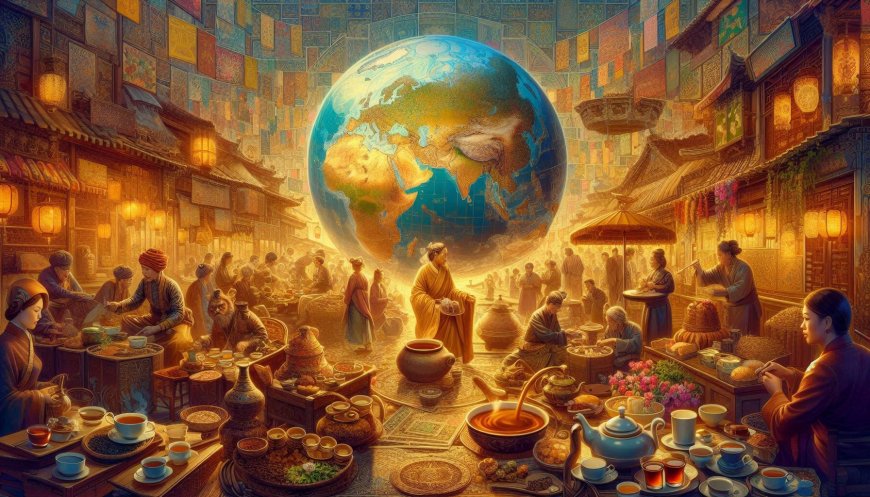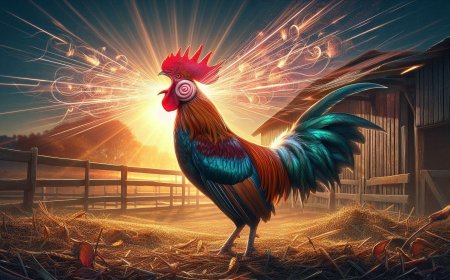The Timeless Tale of Tea: The Drink That Conquered the World
Explore the rich history and cultural significance of tea, the timeless drink that has connected civilizations worldwide through ancient traditions, rituals, and flavors.

In a world filled with countless beverages, one drink quietly reigns supreme, second only to water itself. This drink, beloved for its simplicity and versatility, has crossed borders, cultures, and centuries. It's tea—an ancient brew with a rich history, whose influence stretches far beyond the delicate clinking of teacups at afternoon gatherings.
The story of tea begins in China around 2700 BC, when legend has it that Emperor Shen Nong discovered it by accident. A few leaves from a nearby tea plant fell into his boiling water, creating a fragrant drink that would eventually change the world. From those humble beginnings, tea blossomed into a cultural phenomenon, spreading from China to every corner of the globe, evolving into over a thousand varieties along the way. Whether it’s white, green, oolong, or black, each type of tea carries with it centuries of tradition, unique flavors, and remarkable health benefits.
But what makes tea so special? Why has this simple infusion of leaves become the second most consumed drink on the planet? It’s more than just a drink—it’s a symbol of culture, health, and connection.
While places like Britain might be famed for their tea rituals, the reach of tea is global. In the U.S., often seen as a coffee-obsessed nation, tea has quietly carved out its own space. In fact, nearly 80% of all tea consumed in the U.S. is iced tea! On a hot summer day, millions reach for that cool, refreshing glass of iced tea, a testament to how adaptable this ancient beverage has become in modern times.
Beyond its refreshing taste, tea offers a bounty of health benefits. Packed with antioxidants, it’s been linked to protecting against cancers, lowering LDL cholesterol, reducing blood sugar, and even lowering the risk of Parkinson’s disease. Whether hot or cold, tea’s hydrating properties make it a go-to drink for those seeking a healthier lifestyle.
The love for tea doesn’t stop at the individual—it’s a global industry. Countries like China, India, and Kenya are the heartbeats of tea production, providing livelihoods for millions of people. In many parts of the world, tea is not just a drink but a critical part of the economy. Tea plantations in China, Korea, and Japan are so significant they are recognized as Globally Important Agricultural Heritage Systems (GIAHS), emphasizing tea’s role in preserving cultural heritage and promoting sustainable development.
Tea also unites people across continents, cultures, and generations. International Tea Day, celebrated on May 21, serves as a reminder of tea’s vital role in global culture and economy. It highlights how tea helps reduce poverty, support rural development, and promote sustainable livelihoods, especially in regions where tea cultivation is a way of life.
The beauty of tea lies in its versatility. It’s a drink for every moment, whether it’s to start your morning, warm up a cold afternoon, or wind down after a long day. Tea’s rich history, wide variety, and profound health benefits have made it more than just a beverage—it’s a global icon.
So, the next time you sip a cup of tea, remember that you’re part of a tradition that spans millennia. From the bustling markets of ancient China to the iced tea pitchers of today’s backyard barbecues, tea continues to weave itself into the fabric of our daily lives. Its journey is far from over, and its universal appeal is only growing stronger with each passing day.
Tea, the humble leaf that transformed into the world’s second favorite drink, is more than just a refreshment—it’s a timeless symbol of connection, history, and well-being.
What's Your Reaction?








































































































